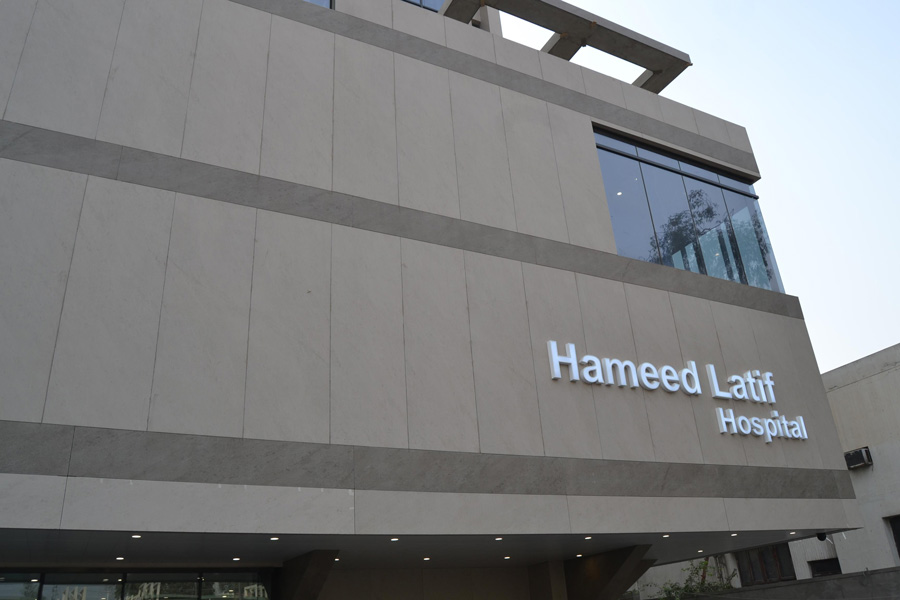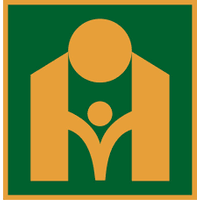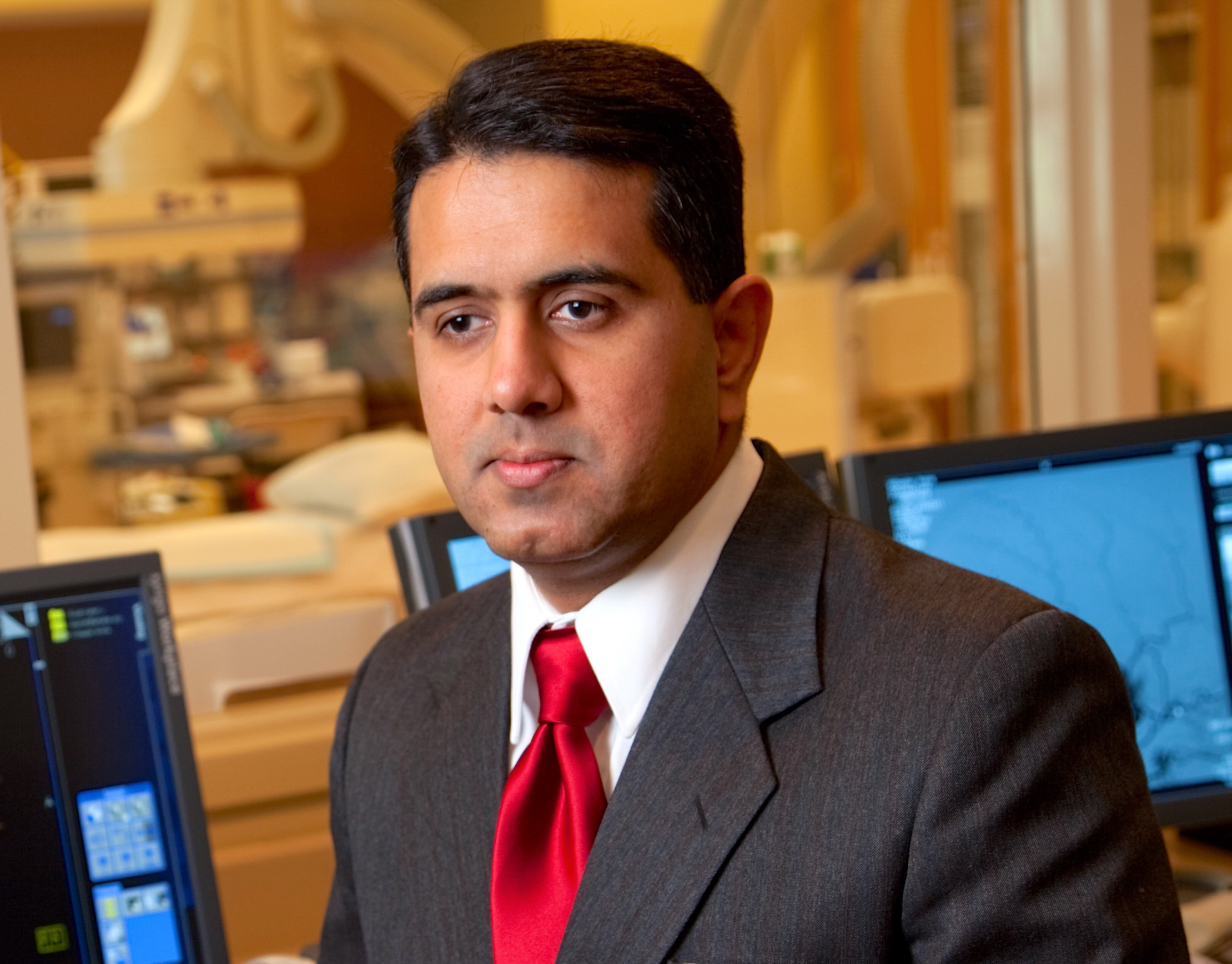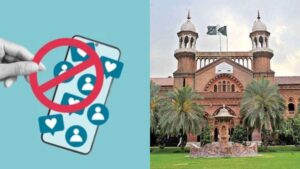Our doctors are constantly working around the clock, giving it their best shot to save lives. They are the Nation’s heroes. A doctor works tirelessly trying to defy the odds, all that with the constant, massive amount of pressure to save someone’s life. All this is a part of their daily routine. Whereas, some success stories go unnoticed, some are just too major to not make it through to our screens.


Hamid Latif Hospital has another success story! Recently a highly qualified doctor, Dr. Qasim Bashir saved an eighty eight year old woman. This woman was brought into the emergency ward, with an acute stroke on her right side and a considerable speech and comprehension loss.

This woman underwent an emergent Neuroendovascular rescue therapy. Which was completed in six, very crucial hours. After the vessel was opened, immediately her NIHSS (National Institute of Health Stroke Scale) declined to 5.
| Score | Stroke severity |
|---|---|
| 0 | No stroke symptoms |
| 1–4 | Minor stroke |
| 5–15 | Moderate stroke |
| 16–20 | Moderate to severe stroke |
| 21–42 | Severe stroke |
A NIHSS of 5 indicates a moderate stroke. After two days, the woman was discharged from the hospital and walked out with a NIHSS of 2. And this was possible by the grace of God, the prayers of the staff and the family members, however, not to forget the painstaking and continuous hard work and efforts of the doctor Qasim Bashir.
Stroke is a major cause of neurological morbidity and mortality. It is a debilitating illness rendering thousands disabled and leading a significant proportion of people to death worldwide. In Pakistan it is one of the major illnesses. It is linked to diabetes and high blood pressure, both very common occurrences among the population of Pakistan. Unfortunately, a majority of people are unaware of their health conditions.
This primarily is due to a lack of awareness for routine medical checkup, availability of screening services for endemic diseases locally and ignorance on the part of the community regarding personal healthcare. Even those who have been timely diagnosed do not mostly follow the standard practice of a regular follow-up and/or compliance with medications.








